
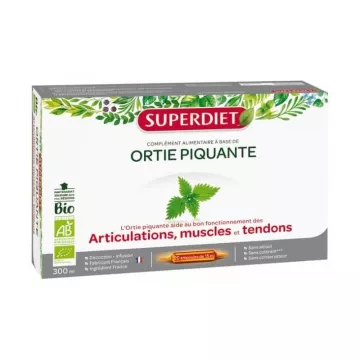
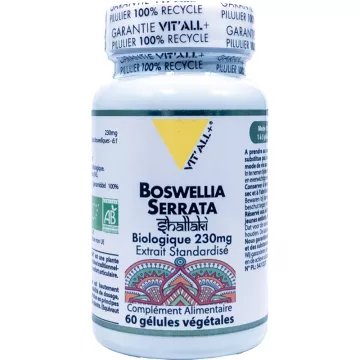
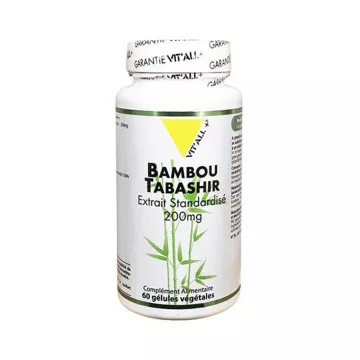
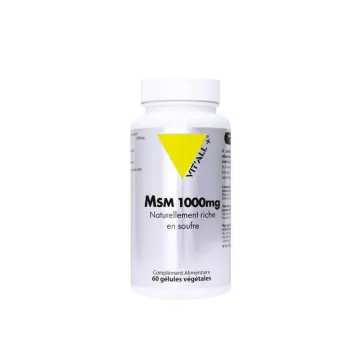
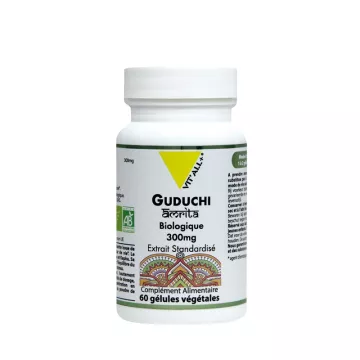
Joint comfort refers to the health and well-being of our joints. It is crucial to maintaining good mobility and quality of life. Healthy joints enable us to perform movements without pain or discomfort, which is essential for everyday activities.
Joint discomfort can result from a variety of factors, including age, injury,arthritis, naturalwear and tear, and immune disorders. Lifestyle and environmental factors also play a key role.
A balanced diet is fundamental to joint comfort. Nutrients such as omega-3 fatty acids, calcium and vitamin D are essential for maintaining joint health. Anti-inflammatory foods can also help reduce discomfort.
Low-impact exercises such as swimming, yoga and walking are beneficial for joints. They help strengthen the muscles around the joints, improving stability and reducing the risk of injury.
Yes, natural remedies such as curcumin, ginger andfish oil can contribute to joint comfort. These remedies have anti-inflammatory and analgesic properties.
Hydration is essential for joint comfort. Water helps maintain cartilage elasticity and lubricate joints, reducing the risk of joint pain.
Quality sleep is crucial for repairing joint tissue and reducing inflammation. Lack of sleep can worsen the symptoms associated with joint problems.
Supplements such as glucosamine, chondroitin and MSM are often recommended to support joint health. They can help rebuild cartilage and reduce inflammation.
Preventing joint problems involves a healthy lifestyle, a balanced diet, regular physical activity, and avoiding repetitive movements or postures that put too much pressure on the joints.
It's important to consult a doctor if joint pain is severe, persistent or accompanied by other symptoms such as swelling, redness or loss of function. Early diagnosis and treatment are essential to prevent further complications.
Stress can have a significant negative impact on joint comfort. It often causes muscle tension, which can increase pressure on joints and aggravate pain. Stress management techniques such as meditation and deep breathing can help.
Yes, thermotherapy (the use of heat) is an effective method of improving joint comfort. Heat relaxes muscles, improves blood circulation and can reduce joint stiffness. Hot baths, hot compresses or heating pads can be used for this purpose.
Good posture is crucial to maintaining joint health. It helps to distribute body weight evenly, reducing excessive pressure on certain joints. Practices such as yoga and Pilates are excellent for improving posture.
Excessive body weight increases pressure on weight-bearing joints such as the knees and hips, which can lead to discomfort and accelerate wear. Weight management through a healthy diet and exercise can significantly improve joint comfort.
Cold therapy, such as ice application, can be useful for reducing inflammation and swelling in joints. It is particularly effective after injury or intense physical activity.